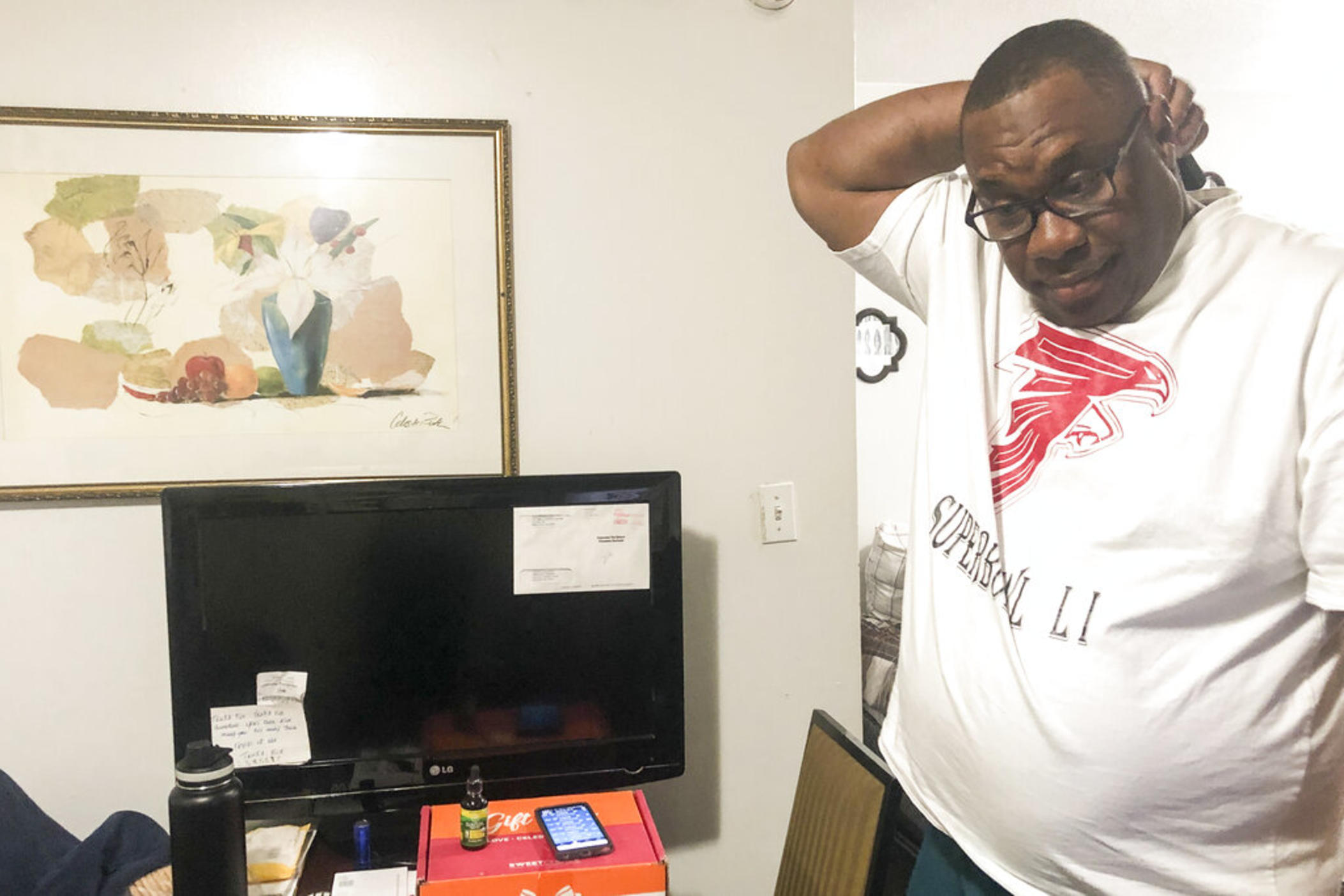Section Branding
Header Content
Eviction Moratorium Extended, But Crisis Still Looms For Georgia Renters
Primary Content
On Tuesday, the Centers for Disease Control and Prevention imposed a new 60-day eviction moratorium that will last until Oct. 3. It came in the face of rising COVID-19 cases fueled by the delta variant. This new eviction ban applies to counties across the country that have, as the CDC defines it, "substantial" or "high" transmissibility of the virus.
In Georgia, all but five counties are eligible.
This newest moratorium is the latest in an ongoing drama between those unable to pay their rent due to the effects of the pandemic and landlords around the country.
In June, a Supreme Court ruling prevented the CDC from extending the moratorium that was in place at the time beyond July. Congress failed to extend it.
President Joe Biden acknowledged to reporters on Tuesday that the administration faced an uphill battle maintaining any kind of eviction moratorium in the wake of the court's decision.
"Any call for a moratorium based on the Supreme Court's recent decision is likely to face obstacles," he said. "I've indicated to the CDC I'd like them to look at other alternatives other than the one that is in existence, which the court has declared they're not going to allow to continue."
Now, the only thing standing between some Georgians facing eviction is the current order in place, with no easy answers ahead.
Professor Tom Smith of the Goizueta Business School at Emory University said that the moratorium makes sense given the CDC's concerns on transmission of the virus through those who lost their homes, as well as the economic necessity of a permanent resident for employment.
Smith said pragmatic legislation is now needed, not only for renters but for landlords who are seeking a return on their overdue rent.
"Part of the legislation that needs to be put forward is some kind of some kind of a system that allows people who own these multifamily units to actually receive some kind of reimbursement," he said. "Some kind of payment, like a grant from the government that allows them to continue on with their business, because they're being caught holding the bag."
When asked by GPB News if he could forsee a federal forgiveness of outstanding rent in any future legislation, Smith was hesitant.
"That would be a pretty bold piece of legislation," Smith said. "I think that the fear is that — if I could play devil's advocate for a second — if people know that that's coming, then that would incentivize people to not pay their rent or not to pay their mortgage," he said.
But others in Washington have floated ideas such as a nationwide rent pause, including U.S. Rep. Ilhan Omar of Minnesota.
"At the beginning of the pandemic, I introduced the Rent and Mortgage Cancellation Act to permanently cancel all payments on rental homes and mortgages until the end of the pandemic and provide relief to small landlords who are also struggling due to Congress’ inaction,” Omar said in a statement Tuesday. “We can already predict another housing crisis will occur, which is why it’s so imperative we pass bold, long-term solutions.”
The effect on Georgia, which has become increasingly stratified in its demographics and familial incomes over the last decade, is unclear, Smith said.
"It's hard to say that it's going to impact Atlanta in a specific way because we have so many different kinds of neighborhoods, so many different kind of flavors of neighborhoods," he said. "And those neighborhoods have different kinds of demographic characteristics that might make them more susceptible to this particular economic recession."
What is clear, Smith said, is the astronomical cost of the eviction crisis. He pointed to a recent pulse survey by the U.S. Census, which spoke to tenants about their current economic status. Smith said 15 to 30% of those surveyed were worried in some capacity that they were going to miss payments or be affected in some capacity within two months.
"I mean, regardless of the sample methodology, that's still shockingly high," he said.
Smith said the total cost of the unpaid rent could end up being a billion dollars or more.
The Alabama and Georgia Associations of Realtors have since raised a legal challenge to the moratorium in a D.C. district court. In the first quarter of 2020, 34.7% of homes were rented, according to Census data.


